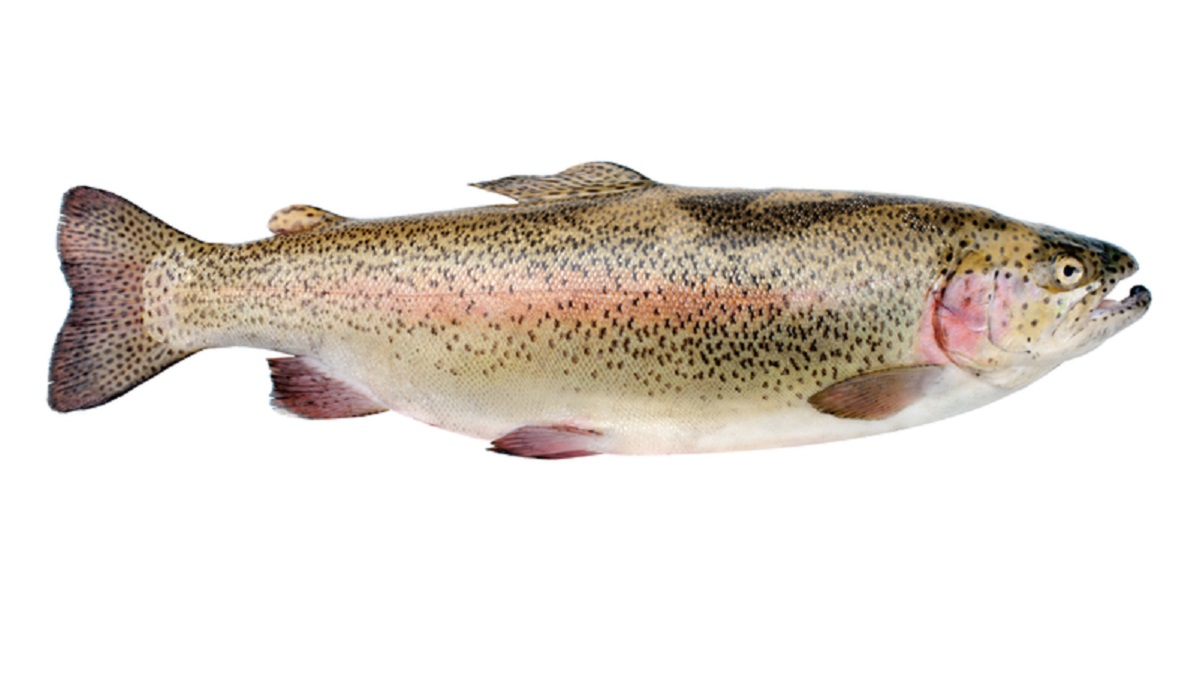The benefits of eating more fish outweigh the risks, according to an assessment in Norway.
Health advantages from increasing fish intake to two to three meals a week outweigh the risks of exposure to environmental contaminants, according to the Norwegian Scientific Committee for Food and Environment (VKM).
The benefit and risk assessment of fish in the diet was commissioned by the Norwegian Food Safety Authority (Mattilsynet). The agency will use the findings to update advice and warnings about fish to Norwegians. The work looks at nutrients and environmental toxins and assesses whether it is overall positive to eat a food or not.
VKM previously conducted such assessments in 2006 and 2014. However, availability of new data, including tolerable weekly intakes for exposure to contaminants like dioxins and dioxin-like PCBs, perfluoroalkyl substances (PFAS), including perfluorooctanesulfonic acids (PFOS) and perfluorooctanoic acids (PFOA) prompted the Norwegian Food Safety Authority to commission a new assessment.
Tolerable weekly intake (TWI) is the amount of a substance a person can ingest weekly throughout life without risking negative effects on their health.
Balancing act
The VKM looked at the consequences if the Norwegian population maintains the current consumption of fish, or increases intake to the level recommended by the Norwegian Directorate of Health.
The Norwegian Directorate of Health recommends eating fish two to three times a week and using it as a spread on bread. This amounts to 300 to 450-grams of prepared fish per week for adults. At least 200-grams should be fatty fish such as salmon, trout, mackerel or herring.
Health outcomes considered included conditions such as cardiovascular diseases, coronary heart disease, neurological development in children, cognitive decline in adults, type 2 diabetes, obesity, birth outcomes, cancer, multiple sclerosis and rheumatoid arthritis.
Nutrients were long-chain omega-3 fatty acids, vitamin D, iodine, selenium and vitamin B12. Environmental toxins assessed were dioxins and dioxin-like polychlorinated biphenyls (PCBs), PFASs and methylmercury.
The VKM estimated that in Norway, women eat an average of 240-grams of fish per week, and men eat 350-grams. A reduction in the weekly fish intake from the current levels to 150-grams per week would increase the annual numbers of cases or deaths from some non-communicable diseases.
“This indicates that a lower consumption of fish poses a potential health risk, and that beneficial health effects of eating fish are not obtained at the current levels of fish intake,” said Lene Frost Andersen, leader of the project.
However, increasing fish consumption to recommended intake levels would cause almost all age groups to exceed the tolerance limit for the environmental toxins assessed. Effects of being exposed to dioxins and dioxin-like PCBs and to PFASs include poorer sperm quality and lower effects of vaccines in children, respectively.
“There are many dietary sources of these contaminants, so although a reduction of fish intake will probably cause some reduction in exposure to these, it will not be enough to reduce exposure to below the tolerable weekly intake levels,” said Frost Andersen.
Pesticide residue analysis
The VKM has also assessed the risk from analyzed samples of fruit and berries containing several pesticide residues in the same sample.
Routine tests in the Norwegian Food Safety Authority’s monitoring and control program in 2021 detected several pesticide residues in food. VKM has analyzed 10 samples. Four were Norwegian strawberries, and six were imported raisins, grapes, and pears.
All findings were below the maximum residue level (MRL) for pesticide residues allowed in food. The VKM looked at the risk which exposure to several active substances in one food may pose to consumers.
No health risk was associated with samples of grapes from Spain, raisins from the United States, pears from Turkey and strawberries from Norway. However, the VKM found that raisins and grapes from Turkey may pose a health risk to children.
(To sign up for a free subscription to Food Safety News, click here.)

